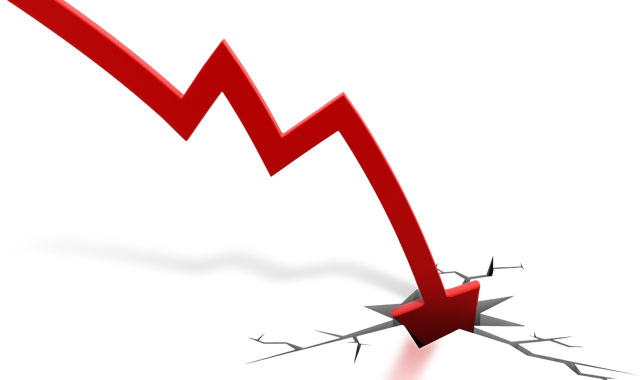Companies Issuing Profit Warning: The high number of companies that are issuing profit warnings are now betraying a Kenyan economy that is doing badly. This year, a series of companies that are listed on the Nairobi Securities Exchange have issued warnings that they will either report losses or hugely declined profits. This comes in the wake of a Kenyan economy that experts say is in an unofficial recession. below, take a look at some of the companies that have found the tough going:
Kenya Power
Kenya Power is currently reeling from blame after revelations on how it has been cooking its financial books. The firm, however, blames a depressed economic environment and poor hydrological conditions in 2017 for its profit decline. The government’s race to connect poor households to the national electricity grid in the run-up to last year’s election left it Sh.3 billion bad debts, the latest audit of the company’s books found.
Bamburi Cement
Bamburi Cement is set to make the lowest profits in ten years. In issuing its profit warning, Bamburi has cited difficult market conditions as well as escalating international energy prices in both Kenya and Uganda. Bamburi has also blamed power costs in Kenya and additional provisions, mainly receivables, in Uganda.
Deacons
Deacons has blamed low economic start in 2018 for its reduced profitability. Operational costs for Mr Price stores in the first four months of 2018 and loss of revenue from the discontinued franchise and low human traffic in malls have also been blamed.
HF Group
A downward revision of the Central Bank Rate (CBR) that have led to Housing Finance Group’s reductions in lending rates during the year. The group undertook a redundancy exercise during the year that increased the staff cost due to the one-off payout.
Sanlam
The insurance company attributed its decline in profit for the year ending December 2018 to the recent 100 per cent impairment of financial assets covering corporate bonds investments placed in prior year periods in now distressed local enterprises. Sanlam also blames a slow economic growth and effects of interest rate capping.
Sameer Africa
Sameer Africa says it expects performance for full year ended December 2018 to dip by at least 25 per cent due to severe stock shortages due to production challenges faced by some offshore manufacturing partners









